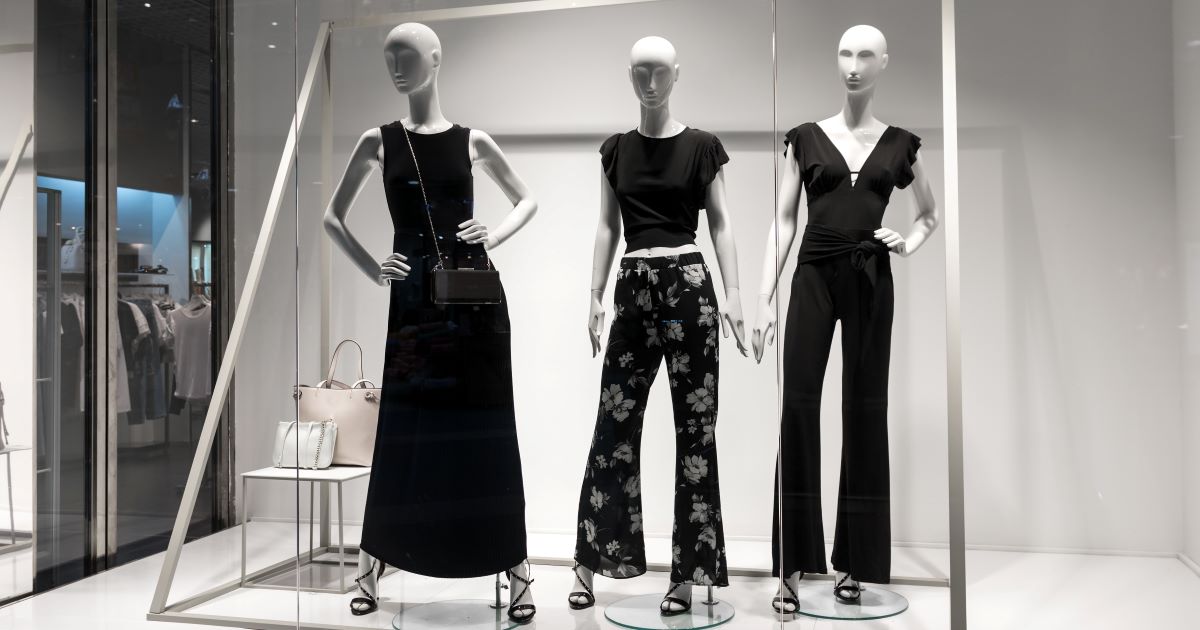


From the Colson Center audience:
I’ve been doing a little bit of research on worldview. My question is, as a woman going into the fashion world how does my worldview now affect what I produce and why should I care about having a biblical worldview?
The Colson Center replies:
That’s a great question. As a rather remarkably unstylish male, there’s a sense in which I can’t say that I have much expertise to offer regarding that particular concern. However, I think there are perhaps three key points that may provide some guidance.
First, there’s the worldview issue of calling. This is not unique to fashion but is a feature of any task the Christian may face. We need to remember that God did not create humanity simply to sit around and survive but to work the garden.
Now, originally and for most of history, this literally meant gardening as nearly all people down through the ages tilled the soil to secure their food. But, as time has gone on, and society has become more advanced, we find that our garden may not be a garden at all but a bookshop or a restaurant or a lab or a host of other things to which we are called.
Whatever we do, we have to keep in mind that this call to work is not just to make money or to advance ourselves. Our calling to work is a sacred one, given us by our Creator as an intrinsic part of who we are. Whatever we do must always be seen in light of that calling, and we are ultimately responsible for our labors to God Himself. This means that we cannot slack off on duty, and it means that we must take care that our work is never given to something unworthy.
At the same time, it means that, provided we are doing something that is moral, there is no work that is greater than another nor is there any task that is lesser than another. Of course doing brain surgery has greater effect than pouring a latte, but our ultimate value as workers comes from how well we do our task, not how much it compares to another’s. As all our work is an act of worship to God, our smallest most anonymous feat is as honoring to His Name as the grandest most public spectacle we could imagine.
The second thing to keep in mind is that each and every one of us is made in the image of God. Now, that applies to everyone much the same way that our calling is an act of worship, but, in a sense, this applies in your particular calling in some particular ways. One positive and one negative.
The positive is that when you design clothes for your fellow human beings, remember that you’re designing them for little reflections of divine royalty. You don’t have to make believe that your dressing important people. You are dressing important people. Just like with your calling, it doesn’t matter if no one famous ever sees your work, the styles you create are destined for those who bear mark of God, those for whom the Son of God thought it fitting to join in His incarnation, those for whom He also thought important enough to suffer and die. Not a bad clientele, eh?
The negative isn’t negative in the sense of being bad, but there is an important restriction to keep in mind with the Imago Dei. Just as their grand dignity flowing from God means that your work in dressing people gives you honor, so too, you need to always recall that they are not your playthings to toy with but objects which you must honor. Just as it’s an insult to the Creator when we degrade one another with our words, it’s vital that you in your task take care to only dress them in a way that gives both them and God honor. They are a sacred trust, and you must bear that in mind in all that you do.
Finally, the thing that the Christian worldview offers you is that your Creator is creative. God didn’t need to make us. He didn’t need to make the universe. He did so because being creative, making things that don’t have to be made, things that exist only because of the joy they give Him, this is as much a part of who He is as being holy and eternal and all-knowing.
There’s a delightful scene in “Time Bandits” where the Satan character goes on a rant about the superfluous creations God had made, and how he’d have done it better, more efficiently, in effect, less artistically. Or think of CS Lewis’ That Hideous Strength, where one of the villains praises the moon for its pure, antiseptic quality. There is something in evil that seeks only to destroy, never to create; only to see the use of things, never their innate beauty.
Compare this to the nature of nature, to the nature of humanity. The world is filled with wondrous creations that our contemporary worldview demands be nothing but the accidents of nature. But, there’s something in our humanness that revolts against this. We know that nature is Creation, the artistry of the Great Artist. He makes not because He has needs or finds something useful, but simply for the beauty of it and the joy of it.
Think of the intricate descriptions of the Tabernacle and Temple in the Old Testament. Think of the wonders of the New Creation found in Revelation. Think of God’s call on the lives of those who built these works, and the way that one day we will bring all our treasures of beauty into the New Jerusalem. When you perform your craft, your art, you are participating in this same delightful creative nature that God has in Himself, and which He has given to you.
Editor’s Note: This is part of an ongoing series where Colson Center staff respond to questions and comments from our audience. If Christianity is true, as we say it is, then Christians should be willing and able to offer what Francis Schaeffer called “honest answers to honest questions.”
You can go here to see more questions like this one.
If there is an issue you would like to see addressed, click on the “Follow Up Question” below.
Posted questions may be edited for form but not for content.
Topics
Ask The Colson Center
Calling
Christ & Culture
Christian Worldview
Creation
Creativity
Culture
Fashion
Imago Dei














